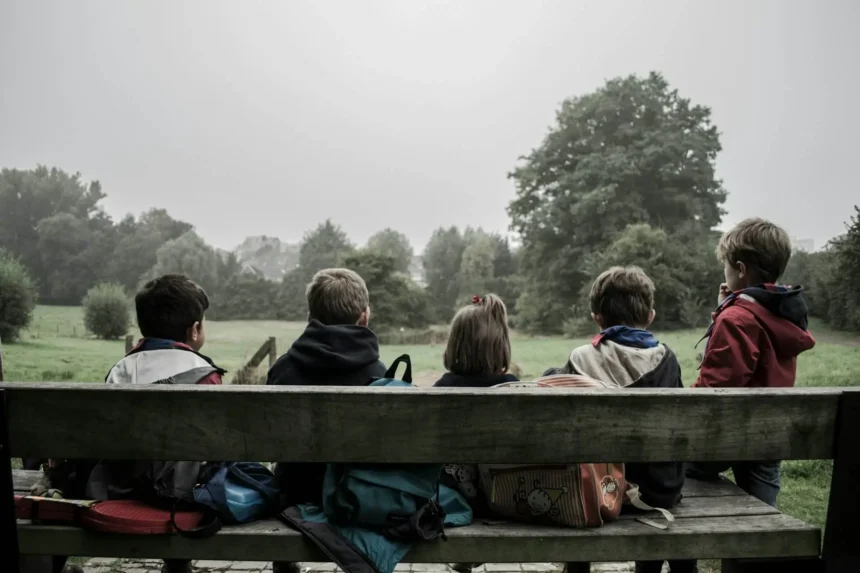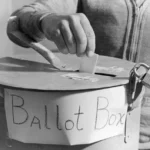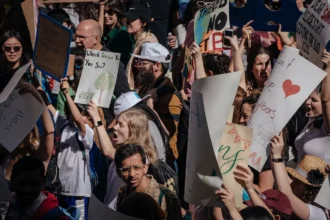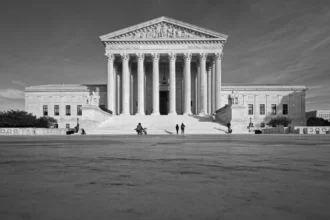Equality, Difference and Children’s Rights
The last couple of decades have led to radical changes in how children are treated in terms of their rights. The UN Convention on the Rights of the Child (UNCRC), the most widely ratified Convention of the UN family (all 196 countries, except the United States, have ratified it), is a milestone in the plight for a world that is more just for children. They are deemed moral equals, entitled to hold rights regardless of age, gender, ethnicity, or disability. They have rights to the highest standard of health, to proper nourishment, care, and education. They are entitled to freedom of expression, consciousness, association, and thought, among others.
- Equality, Difference and Children’s Rights
- Is There a Problem with Assuming Difference?
- Liberalism’s Historical Exclusions
- Reassessing Childhood in Liberal Theory
- The Shortcomings of Current Liberal Approaches
- The Adaptive Model: A New Approach to Childhood and Rights
- The Adaptive Model in Practice: What (if Anything) Is Wrong with Child Labour?
Despite this important recognition of children as fully entitled to hold rights just like everybody else, their status in our social and legal world is not equal to that of adults. An assumption of difference structures the treatment of children in various spheres of life. Most individuals under 18 years old are not allowed to vote, they are not allowed to freely choose employment, they are not allowed to consent to or reject medical treatment, they are compelled to attend school, and they must be ensured protection under the guardianship of an adult. In short, children are not equal to adults in terms of their freedom and autonomy.
Childhood in Liberal Theory attempts to reevaluate the liberal tradition of children’s rights in order to test whether it can abide by its own principles.
This differential treatment of children is based on a wide array of assumptions about ‘who children are,’ and ‘what they are competent of doing.’ We deem children physically weaker than adults, less capable of defending themselves, more vulnerable, more dependent, more impulsive, and in more need of protection.
These characteristics of ‘childhood’ legitimise the need to treat them as different. In a sense, then, children’s rights have become a mechanism to justify and enshrine the assumption of children’s ‘difference’ in the legal realm. Children are entitled to rights, but they are entitled to different rights from everybody else: they need extra protections that others don’t get, and they must have certain other rights restricted in ways that would be fundamental violations if one were an adult.
Is There a Problem with Assuming Difference?
With these starting assumptions in mind, Childhood in Liberal Theory aims to explore what justifies this ‘difference’ of childhood; it aims to evaluate whether there might be limits to children’s legal differential treatment based on their recognition as moral equals. Are children fundamentally different from adults in a way that justifies their distinct treatment under the law? Is there an alternative way of thinking about childhood and children’s rights that might be more reflective of the core principles and commitments of a liberal society?
This book argues that children should not be categorically treated as different from adults.
Despite the growth of philosophical research on childhood and children’s rights over the last decades, a systematic study on the moral and political status of children in liberal theory is absent. Childhood in Liberal Theory attempts to reevaluate the liberal tradition of children’s rights in order to test whether it can abide by its own principles.
Starting with the assumption that liberal theories must be committed to basic equality and basic freedom for all individuals without discrimination, it explores whether contemporary liberal theories of ‘childhood’ and children’s rights actually maintain this commitment or break it. The book argues that current approaches fail to abide by the principles of basic equality and freedom when applied to children, and proposes a radical deconstruction of childhood and children’s rights to bring these concepts back into the liberal realm.
The core intuition guiding this discussion is that any theory of justice that categorically distinguishes between children and adults must be fundamentally flawed, especially within liberal egalitarian frameworks that emphasize equal freedom and treatment for all. If such a theory systematically restricts the freedoms of children and provides them with differential treatment, it must offer a strong justification. How can a theory of justice committed to equality and freedom justify the exclusion of one-quarter of the world’s population from these principles? This is the central question this book seeks to address.
Liberalism’s Historical Exclusions
Liberalism has a history of endorsing equality and freedom while systematically excluding certain groups based on perceived differences.
Historically, women, racial minorities, and other marginalised groups were excluded from liberalism’s promises of equality under the justification that they were “different” and needed protection or guidance for their own good.
Similarly, children have been excluded from full participation in society based on assumptions about their vulnerability, innocence, and lack of rationality.
While not all differential treatment is inherently unjust, the history of exclusion in liberalism demands a closer examination of how children are treated within this framework.
Just as we now reject the idea that women or racial minorities should be treated differently simply because of their gender or race, we must question whether the differential treatment of children is similarly unjust.
The fact that a large portion of the population is treated differently merely because they are labelled as ‘children’ poses a significant challenge to liberal theories of justice.
Reassessing Childhood in Liberal Theory
This book argues that children should not be categorically treated as different from adults. The traits and behaviours that justify differential treatment—such as vulnerability, developmental needs, and social context—vary greatly among individuals and are not confined to childhood.
Therefore, a theory of justice committed to equal treatment must assess individuals based on their personal circumstances rather than broad categories like “child” or “adult.”
The Adaptive model offers an alternative framework that moves beyond the limitations of existing liberal theories.
To align the treatment of children with liberal egalitarian principles, the book proposes an “Adaptive model of childhood.”
This model suggests that differential treatment should be based on an individual’s specific conditions, including their vulnerability (embodied framework), developmental needs (temporal framework), and social environment (spatial framework).
Rather than applying rigid categories that dictate separate rights and treatments for children and adults, the Adaptive model advocates for a more nuanced approach that considers each person’s unique circumstances.
The Shortcomings of Current Liberal Approaches
The book critiques two dominant strands of liberal thought on childhood: the Standard Liberal and the Liberationist approaches. The Standard Liberal approach justifies treating children differently from adults based on their perceived need for protection and their status as developing individuals. This approach, while well-intentioned, relies too heavily on the differences it sees between children and adults, which can undermine the principles of basic liberal equality.
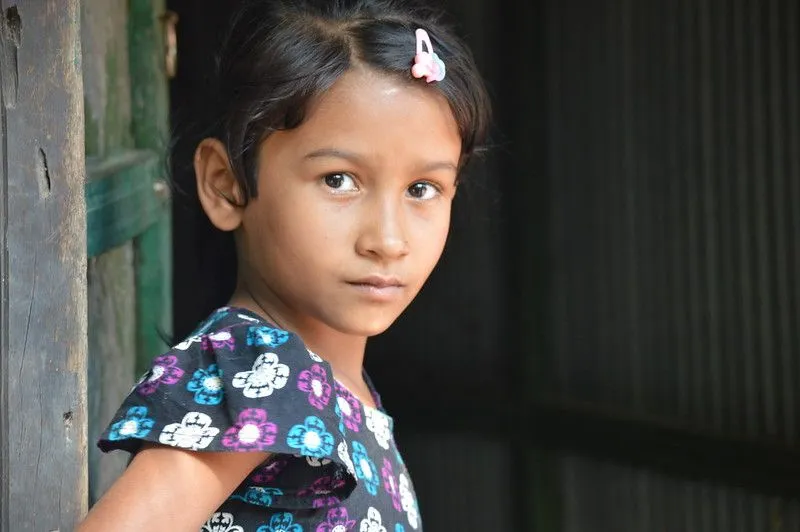
On the other hand, the Liberationist approach argues for treating children the same as adults, advocating for equal rights and responsibilities across the board. However, this approach overlooks important differences that might justify some level of differentiated treatment. For example, it might ignore the genuine vulnerabilities and developmental needs of some individuals that could require special consideration.
Both approaches, according to the book, fail to adequately align with the principles of basic liberal equality. The Standard Liberal approach risks perpetuating unjust exclusions, while the Liberationist approach fails to account for the nuanced differences that might necessitate some differentiation in treatment. A radical rethinking of how we conceptualise “childhood” is necessary to address these shortcomings.
The Adaptive Model: A New Approach to Childhood and Rights
The Adaptive model offers an alternative framework that moves beyond the limitations of existing liberal theories. It recognises that individuals’ needs and interests are shaped by their vulnerability, developmental stage, and social context. By understanding the complex interplay between these factors, the Adaptive model provides a more accurate and just way to assess what is owed to individuals as a matter of justice.
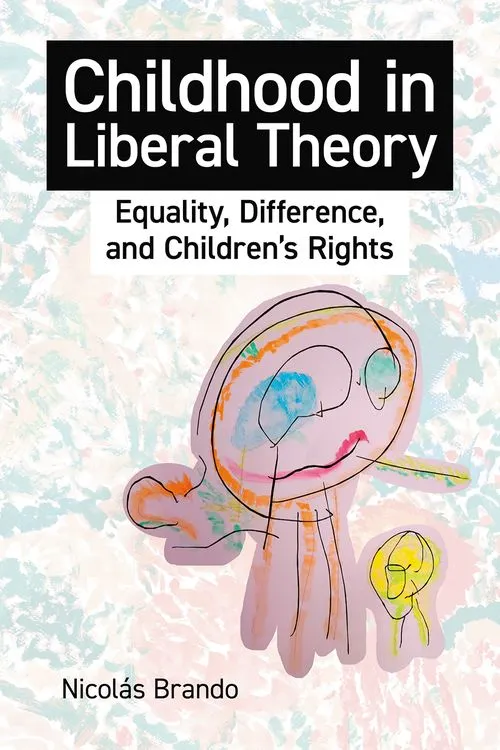
The book proposes an “Adaptive model of childhood.”
This model challenges the idea that “childhood” is a fixed category with predetermined treatments. Instead, it proposes that justice requires us to assess each individual’s unique circumstances to determine the appropriate rights and treatment they deserve. This approach is more consistent with the principles of liberal egalitarianism, which demand equal treatment and freedom for all.
The Adaptive model, as proposed, is grounded in three fundamental principles: rights as protectors of fundamental interests, basic liberal equality and non-discrimination, and sensitivity to constitutive frameworks. These principles provide a comprehensive and nuanced approach to understanding and applying rights in a way that is responsive to the diverse needs and conditions of individuals, particularly in the context of childhood.
- Rights as Protectors of Fundamental Interests: The Adaptive model views rights as essential tools for safeguarding individuals’ fundamental interests, going beyond mere legal entitlements. Drawing on Amartya Sen’s capability theory, the model emphasises that rights must protect both the freedom to pursue goals and the achievement of valued states of being. This approach requires that rights be adaptable, ensuring that different individuals receive the specific support they need to translate these legal protections into real-world outcomes. For instance, while two children may both have an interest in having an education, the mechanisms required to fulfil this interest may vary significantly depending on their unique circumstances, such as disabilities or economic barriers.
- Basic Liberal Equality and Non-Discrimination: The second principle is a serious commitment to basic liberal equality, which requires that rights be applied fairly, without unjust discrimination. This means treating similar cases alike while recognising that different circumstances may justify different treatment. However, any differential treatment must be justified by a legitimate aim and be necessary and proportionate. The principle also emphasises the presumption of freedom, particularly in the case of children, who should be assumed capable and free unless proven otherwise. For example, the model challenges traditional restrictions on children’s rights, advocating for equal standards in assessing their capacities and freedoms, just as with adults.
- Adaptive to Constitutive Frameworks: The third principle stresses the importance of adaptability in applying rights, considering individuals’ embodied, temporal, and spatial conditions. The Adaptive model recognises that people have diverse vulnerabilities, developmental stages, and environmental contexts, which all influence how their rights should be protected. This approach requires a nuanced assessment of each individual’s unique situation to ensure that their fundamental interests are met effectively. For example, a child’s need for protection and autonomy may vary greatly depending on their age, health, and environment, and the model insists that rights be flexible enough to accommodate these variations while resolving potential conflicts between different interests.
The Adaptive Model in Practice: What (if Anything) Is Wrong with Child Labour?
I’d like to close by introducing the example of children’s right to work (from Chapter 9 of the book) in order to highlight how the Adaptive model would work in particular cases. When discussing child labour, the prevailing sentiment, particularly in the Global North, is one of unequivocal condemnation.
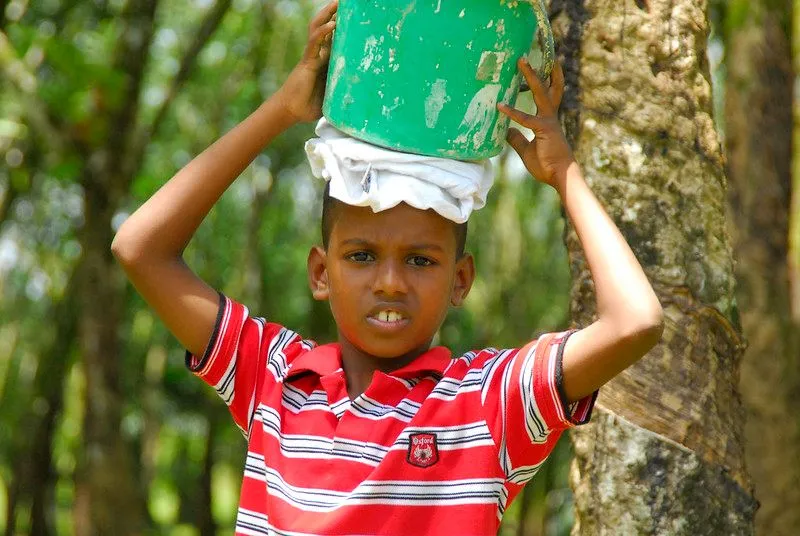
The immediate reaction to the idea of children working in fields, factories, or city streets is often one of moral outrage. The conventional (and standard legal) view is that children should be shielded from work, which is perceived as detrimental to their development and well-being. However, a more nuanced perspective may be offered through the Adaptive model of rights.
The Adaptive model suggests that the wrongness of child labour is not inherent to childhood itself but is influenced by the conditions under which children work.
The standard approach to children’s work (based on the ILO Conventions on Minimum Age and Worst Forms of Child Labour) is grounded in concerns about children’s vulnerability and lack of agency. This view posits that work inherently harms children by depriving them of their childhood, impeding their development, and exposing them to exploitation.
While this perspective has its merits, it often overlooks the specific socio-cultural and economic contexts that shape children’s experiences with work. The Adaptive model suggests that the wrongness of child labour is not inherent to childhood itself but is influenced by the conditions under which children work. This model emphasises the need to address the situational and pathogenic vulnerabilities that arise from external factors such as legal and economic frameworks, rather than imposing a blanket ban on children’s work.
- Assessing Vulnerability and Embeddedness: The Adaptive model calls for a deeper examination of vulnerability as it relates to children’s work. According to the work of Wendy Rogers and others, vulnerability is not simply an intrinsic characteristic of individuals but is often a product of systemic issues and inadequate protections. For example, the legal and socio-economic contexts in which children work can create or exacerbate their vulnerabilities. Instead of a one-size-fits-all approach, policies should be tailored to address the specific challenges faced by working children, taking into account their individual and contextual circumstances.
- A Context-Sensitive Approach: Bolivia’s 2014 Code of Childhood and Adolescence provides a practical example of the Adaptive model in action. Rather than banning child labour outright, the legislation seeks to regulate it by ensuring safe working conditions and access to education. This approach recognises that in contexts of severe poverty, children may need to work, and it focuses on protecting their rights while addressing the socio-economic factors driving their need to work. By legalising and regulating children’s work, Bolivia aims to balance the need for subsistence with the necessity of safeguarding children from harm and exploitation.
The Adaptive model challenges the traditional abolitionist view by emphasising the importance of social context and children’s agency in assessing the justifiability of work during childhood. It highlights that the real issue is not work per se but the vulnerabilities and forms of exploitation that arise from specific working conditions and systemic failures. This model advocates for policies that address these vulnerabilities directly, incorporating the voices and experiences of working children to create solutions that are both just and practical.
A just treatment of children requires moving beyond rigid categories and adopting a more flexible and individualised approach to justice and right-holding. The Adaptive model offers a framework that aligns with the core principles of liberal egalitarianism while addressing the unique needs and circumstances of children. By rethinking how we conceptualise “childhood” and applying this understanding to legal and political practice, we can move towards a more just treatment of all individuals, regardless of their age.
This work was developed within the project “VOCES: El impacto del sesgo de edad en las democracias deliberativas” from the Spanish Government National Plan for Research No. PID2022-137447NB-I00.


